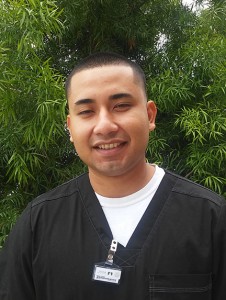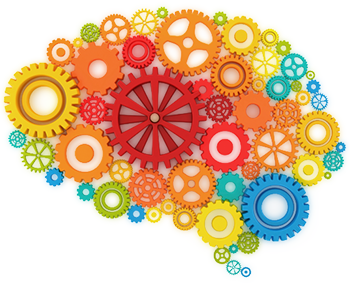

Although there’s no clear cause for schizophrenia, many researchers agree that there may be a possible genetic defect among other things that cause this mental disorder (Barnes, Holden 1987). Although many believe that having a relative who has schizophrenia increases that individual’s chances of developing it in their lifetime, when it researchers look at a person with schizophrenia, 90% of their relatives do not have the disorder (Barnes, Holden 1987). Trying to find a clear cause for schizophrenia will be very difficult to achieve since there are many variables that researchers must take into consideration. Schizophrenia is such a complex disorder that many researchers still have their own definition for it, thus making the cause more difficult to find. With the advancements in technology today there is only hope that soon a cause can be determined for this disorder.
With the cause of schizophrenia being unclear, it’s very difficult for researchers to find a cure. As a result, schizophrenia has been a very difficult disorder to treat. Those who suffer from schizophrenia can take medication, but it will only help with some of their symptoms and it can be difficult to determine which medication works best for them. In the past, it was the medication that made changes in the patient’s brain and made it difficult for researchers to identify the cause.
The number of people affected by schizophrenia is still surprising, In the United States alone, it affects one percent of the population. It’s very important to know the symptoms that come with schizophrenia. Often it takes people a while to be diagnosed, and the sooner they are, the sooner they can get help. There’s much to learn from schizophrenia and there are new findings every day. As technology advances and more research is done, new answers are found. There is some information that tells us how it affects the brain, but it is still a complex disorder and there is more to find out. Like many other diseases and disorders out there, it is difficult to find a cure and truly understand what is going on in the brain. The brain itself is a very intricate organ and schizophrenia is just a small fraction of the whole. There is so much hope to finally find an effective treatment that will help those who suffer from schizophrenia and finally put an end to their suffering, with all the research maybe the answers are closer than we think.
The information provided is for general interest only and should not be misconstrued as a diagnosis, prognosis or treatment recommendation. This information does not in any way constitute the practice of medicine, or any other health care profession. Readers are directed to consult their health care provider regarding their specific health situation. Marque Medical is not liable for any action taken by a reader based upon this information.

Favorite Platform

New Content



